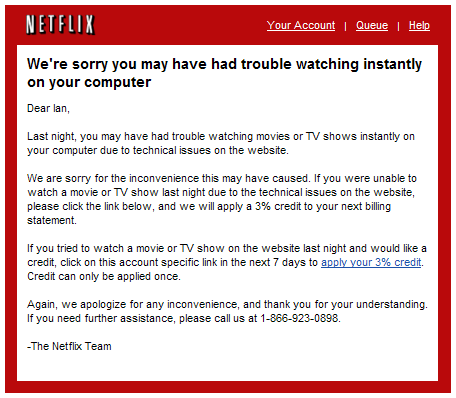In an email exchange with Malcolm Gladwell, ESPN’s Bill Simmons wonders why NBA teams rarely, if ever, take chances — specifically: Why don’t more underdogs try full court pressing opponents? The conversation then extends to the NFL too.
Gladwell’s response:
Is there any other industry in the world (well, outside of Detroit) so terrified of innovation? I went to see a Lakers-Warriors game earlier this season, and it was abundantly clear after five minutes that the Warriors’ chances of winning were, oh, no better than 10 percent. Why wouldn’t you have a special squad of trained pressers come in for five minutes a half and press Kobe and Fisher? Worst-case scenario is that you exhaust Kobe, and make him a bit more vulnerable down the stretch. Best case is that you rattle the Lakers and force a half-dozen extra turnovers that turn out to be crucial. And if you lose, so what? You were going to lose anyway…
I feel the same way about the attitude of professional football teams toward the no-huddle offense. Right now, great teams (such as the Colts and Patriots) use the no-huddle selectively, as a way to maximize their dominance. But why don’t bad teams use it? If you were the Lions, why not run the no-huddle this season? Why not put together a lighter, better-conditioned offensive line and a radically simplified playbook and see what happens? It’s not as if you are risking a Super Bowl if it backfires. Your offensive line is lousy anyway, so there’s no harm in tearing it down, and your fans aren’t going to turn on you if you get killed while you work out the kinks. Last I checked, your fans have already turned on you. On the plus side, maybe the no-huddle exhausts the other team’s defense so much you slow down their pass rush in the second half. And maybe giving your quarterback a bit more autonomy helps develop his knowledge of the game, and his leadership skills.
The consistent failure of underdogs in professional sports to even try something new suggests, to me, that there is something fundamentally wrong with the incentive structure of the leagues.
Obvious parallels to the business world here too. (“No one ever got fired for buying IBM” anyone?) Sometimes the riskiest thing to do is not take any risks. If you’re outmatched by the competition, isn’t it silly not to take a chance? If you’re an underdog in your niche, the Warriors or the Lions of your industry, playing it safe and imitating the established players will probably doom you to failure.
One or two-person businesses that think they need to follow “common sense” advice that’s worked for the big guys are missing the point. When you’re small and risking less, you don’t need a business plan. You don’t need a board of directors. You don’t need to study the techniques of Fortune 500 CEOs. You don’t need to know Six Sigma ideas. The strategy that’s right for heavyweights has nothing to do with how welterweights should fight.
Related pieces on underdogs who use innovation to compete: “How David Beats Goliath” is Gladwell’s piece in the New Yorker about the topic. Michael Lewis wrote about the unorthodox success of Texas Tech’s football team in “Coach Leach Goes Deep, Very Deep” [NY Times]. When Texas Tech reached the No. 2 ranking in college football last year, Lewis followed up with a piece that discussed how Leach knew he had to be different to have a chance.
To appreciate what he’s done you have to appreciate how hard it is to get players—he gets third or fourth bite of apple down there. He’s working with everyone else’s rejects. Generally, he’s doing so much more with so much less.
Lewis also covered similar ground in Moneyball, which analyzed the Oakland A’s success despite its limited payroll.



 How did you start working on Balsamiq?
How did you start working on Balsamiq?


